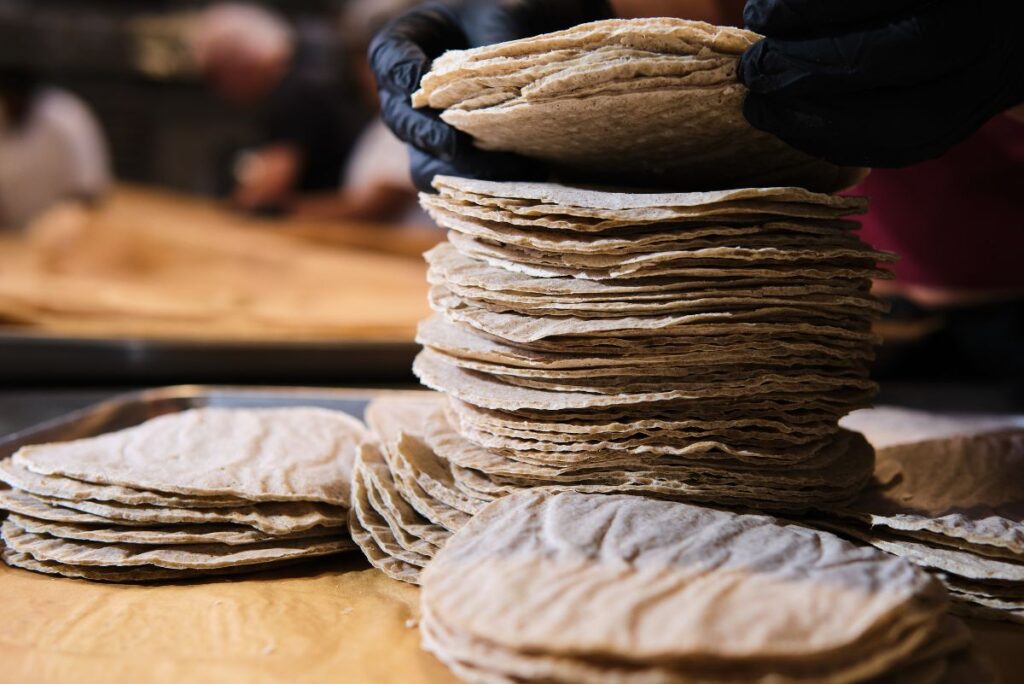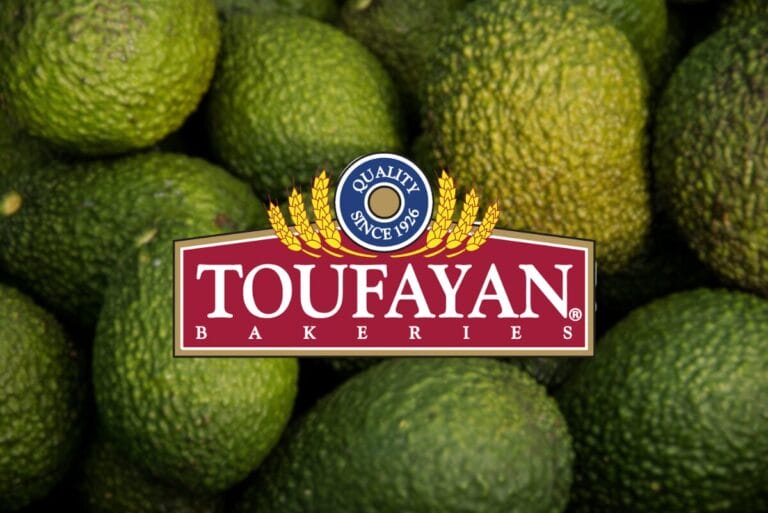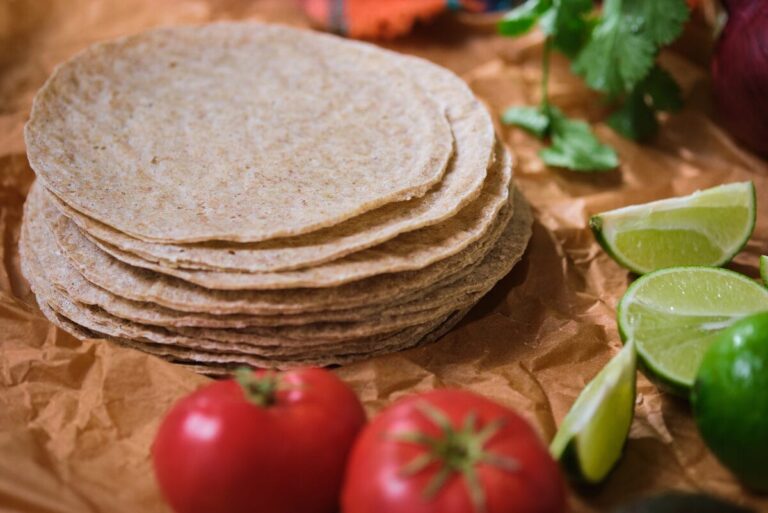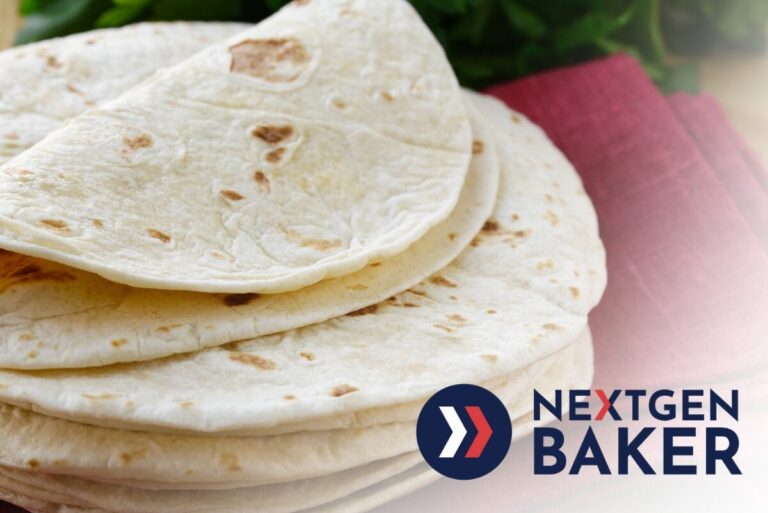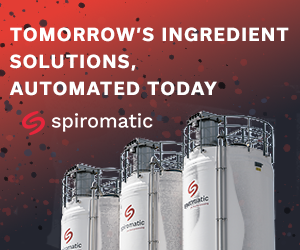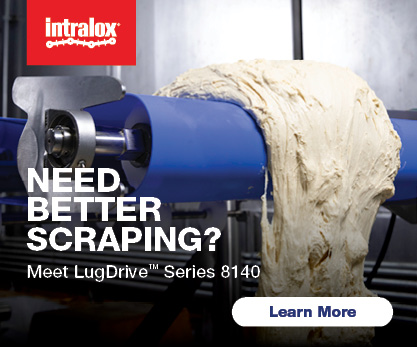KANSAS CITY, MO — The perception of tortillas and flatbreads as healthy, convenient and versatile pantry staples is driving consumer interest in the category. Growing preference for less-processed foods plays into the appeal.
Here’s how manufacturers are responding with innovation and enhanced production methods to expand their better-for-you portfolios.
New ingredients shake things up
Corn tortillas have the biggest share of the US tortilla market, according to Future Market Insights’ (FMI) “USA Tortilla Market Report for 2025-2035.” Consumers seeking fewer calories, higher fiber, gluten-free and clean-label products are driving a niche for manufacturers within the space.
Leveraging this opportunity, San Diego-based PACHA, a manufacturer of buckwheat-based, allergen-free baked goods, expanded its gluten-free bread portfolio to include a tortilla line made from sourdough, sprouted buckwheat and sea salt. These tortillas are not only gluten-free, but they also deliver some of the appealing characteristics of corn tortillas in a sourdough format.
“Our tortilla was actually a happy accident,” said Adam Hiner, co-founder of PACHA. “We were testing a batch of crackers, and I pulled one out early that looked like a tiny tortilla, which sparked the idea. We pivoted almost immediately knowing that the gluten-free tortilla category was missing a clean, functional option without binders or fillers.”

